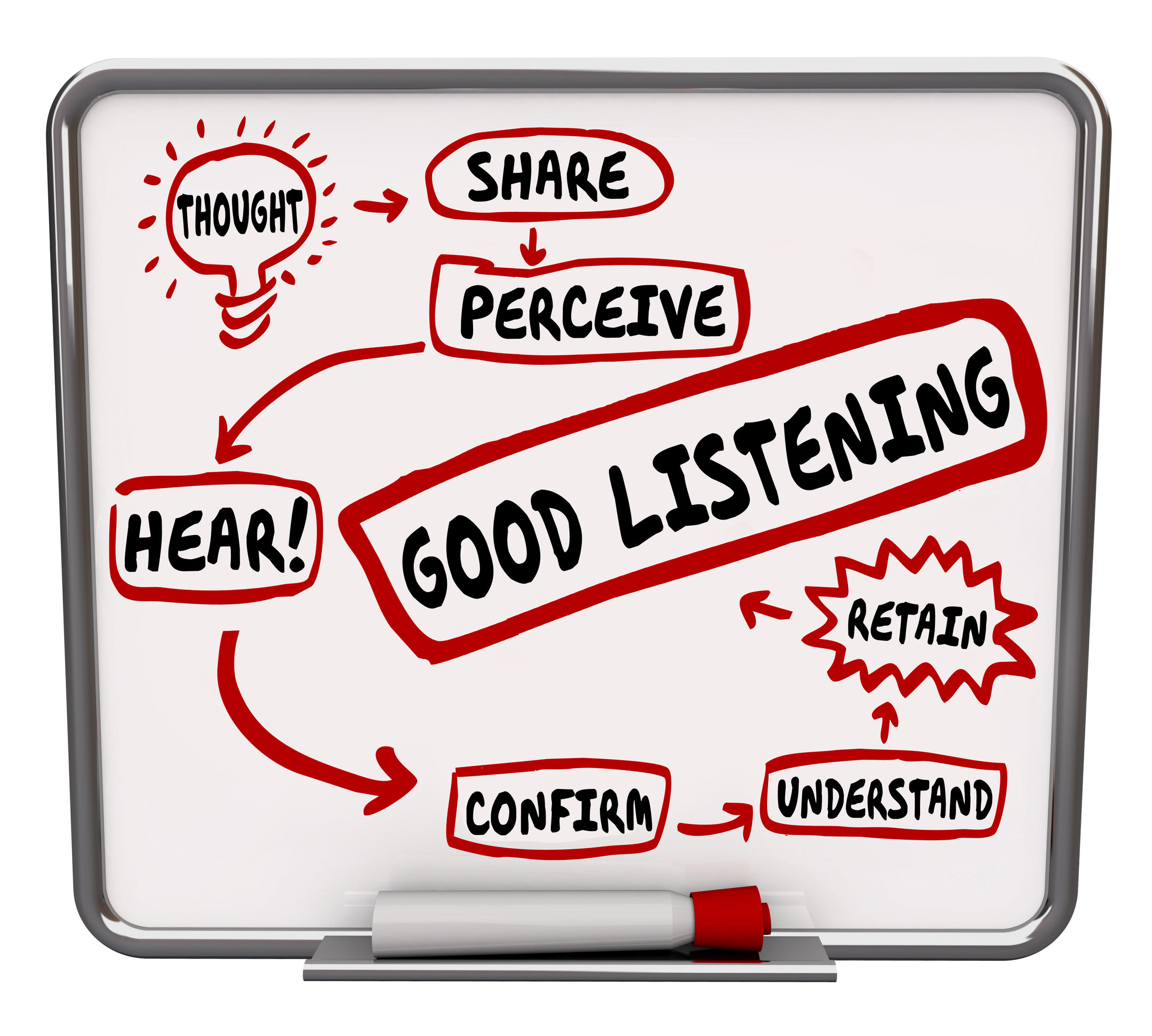Is public speaking your fear?

Did you know that the fear of public speaking is higher than the fear of death or dying? This may be a surprise to some, but for others I’m sure you can relate to this. Public speaking is a great means of communication, and promoting your business, however, if you have a fear of public speaking, then you minimise your chances or opportunities of effectively and successfully ‘selling and promoting’ your services and your business. Usually those people who fear public speaking avoid it at all costs, however, when you are a business owner, it’s something that’s almost unavoidable. For example, most new business owners, join networking groups to get to know other like-minded people, where there is an expectation of giving a presentation, whether it’s sitting informally round a table, or standing up giving a formal presentation. Are you prepared? Do you have the skill? Is it something you




